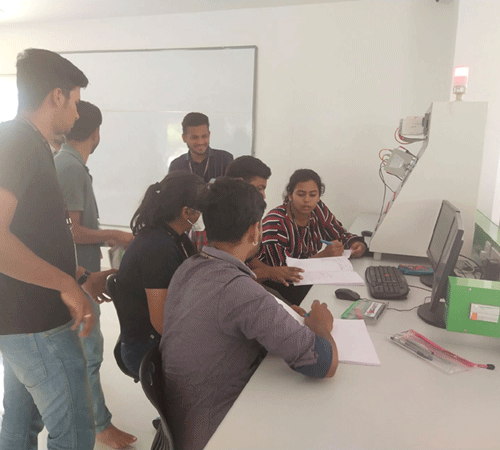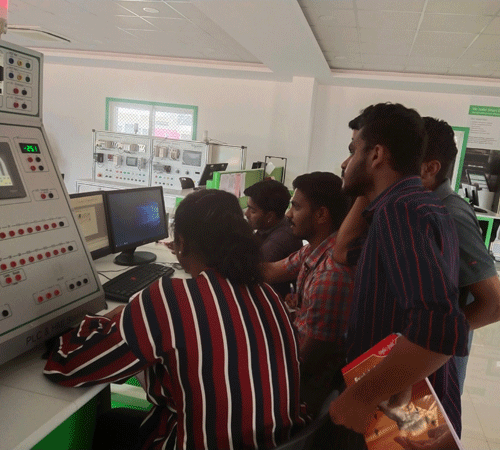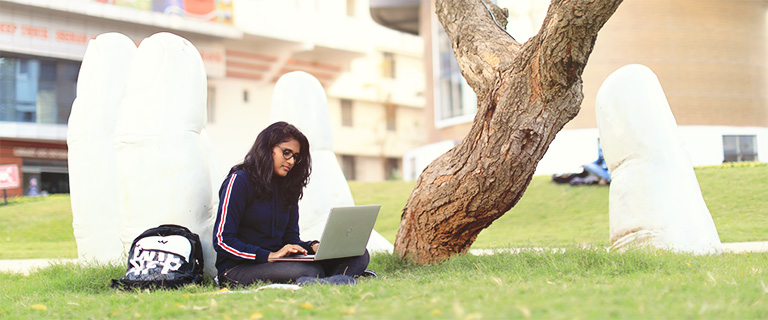INNOVATION TECHNIQUES
Training the Trainers& Research Enhancement:
Technical knowledge up-gradation is highly essential for all groups of staff. With the guidelines from “Quality Assurance Department”, technical workshop referred as “training the trainers” for instructors of Dept., training from faculty is the general practice in the Department.
Moreover, the faculty members are encouraged to participate in the emerging areas of Electrical Engineering to keep pace with the advanced level of knowledge and skills through faculty development program, Short Term Training Programs (STTP). It has been a regular practice for faculty members to participate and present technical articles in National/International conferences and publishing their articles in national/international journals to enrich their knowledge.
Cognitive teaching and learning approaches
Our students are assigned with task to dismantle the Electrical and Electronics measuring Instruments which will enable the students to acquire knowledge and understanding through thoughts, experience, and the senses. they are geared up to meet the expectations of today’s fast-changing world in area of Instrumentation.
Imbibing workmanship
Our students are motivated to undertake technical case studies in advanced industrial automation field which gives them an insight into the real world. Expertise in automation field can be built through practice and not by mere teaching. It provides students a greater exposure platform to gain a grip over their future workplaces, preparing them to meet global standards.
Collaborative learning:
As it is well known that, collaborative activity strengthens the outcome of mission. Hence, groups (of 3-4 students) are made and each group will be assigned a problem statement for which each one of them need to contribute equally in order to get feasible solution. Based on the solution received from the group the evaluation will be carried out and marks will be allotted. This is an educational approach of using groups to enhance learning through working together. Activities included so far in ongoing semesters are
- Solving problems across teams. …
- Initiating new ideas and discussions on possibility of obtaining new products.
- Explaining concepts to students of allied branches of Engineering Departments
- Build a collaborative learning community
Flipped Classroom:
More emphasize is provided to active learning rather than just demonstrating the theoretical concepts. In this process of flipped class room technique, students are instructed/assigned to present seminar on recent trends in the respective field and the audience (Entire class along with teacher) will be involved in discussion on the proposed topics. In flipped classes, students are advised to utilize pre-recorded lectures on their own, while class time is reserved for more “active learning” like discussions, projects, and workshops. It considered being one of the most exciting advancements in the modern classroom.
Inquiry-based learning:
The prominence to activity or project based learning is provided to all students. Students are mandated to perform real time projects, where they get a chance to analyze the real life engineering problems through possible block diagrams/flowcharts and circuit diagrams. In continuation of this process, students will also involve in obtaining feasible solution. This method of Learning and teaching approach emphasizes students’ questions, ideas and observations. This form of learning enhances comprehension—rather than memorizing the technical/scientific facts and avoids dependency of class notes.
Experiential learning approach
“Application of Power Electronics – Uninterrupted Power Supply (UPS)”
In this lab session, Experiential learning approach Pedagogy was incorporated. Uninterrupted Power Supply (UPS) Inverter gadget was opened & shown and how DC getting converted to AC was explained using block diagram.
- Students were able to identify the individual components used such as MOSFET, relay, capacitors, resistor, transformer etc.
- They were able to make out individual block and the purpose of that such as inverter circuit, Driver section, relay section etc.
- The students were able to understand in real time how inverter circuit are used in powering the computer and other critical loads.
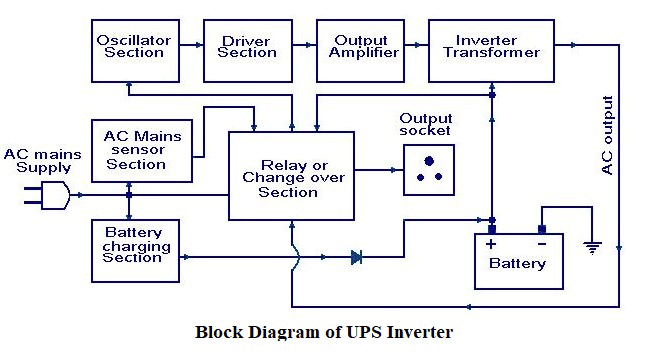
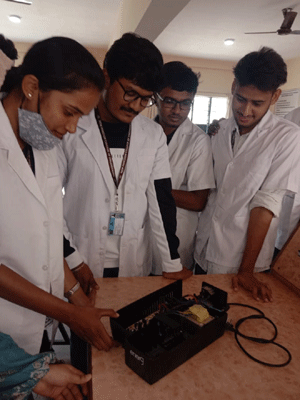
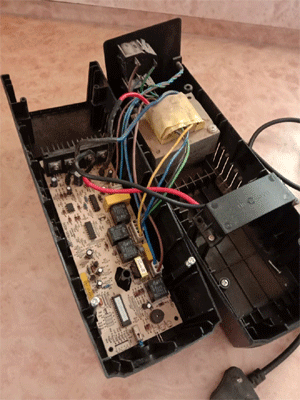
Team based learning/Cooperative learning
The Students were given with topic Where SCADA is used in real time in industry ? for a discussion
Execution
“Students were permitted to use internet and books for reference “
The student took half an hour time for reference and sat in the common forum and came to a conclusion with various industries with implementation of scada. Students choose the below three topics and dicussed more than an hour.
- Dairy Industry (starting from entry to packing)
- Car Manufacturing Industry (Starting from chasis to final delivery)
- Batch processing Industry (food industry starting from raw material to final product)
Each team had two members(6 members) discussed and one moderator concluded the key points of each team.
